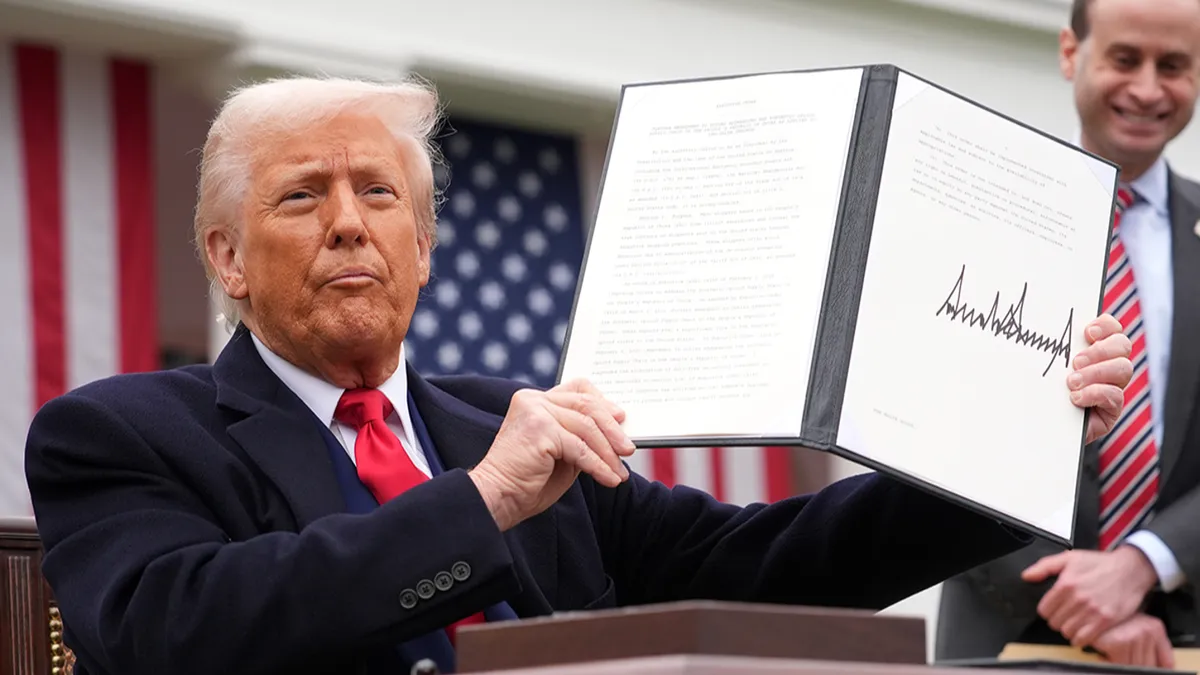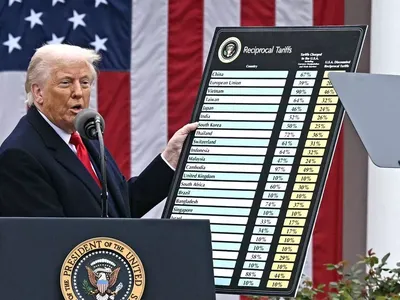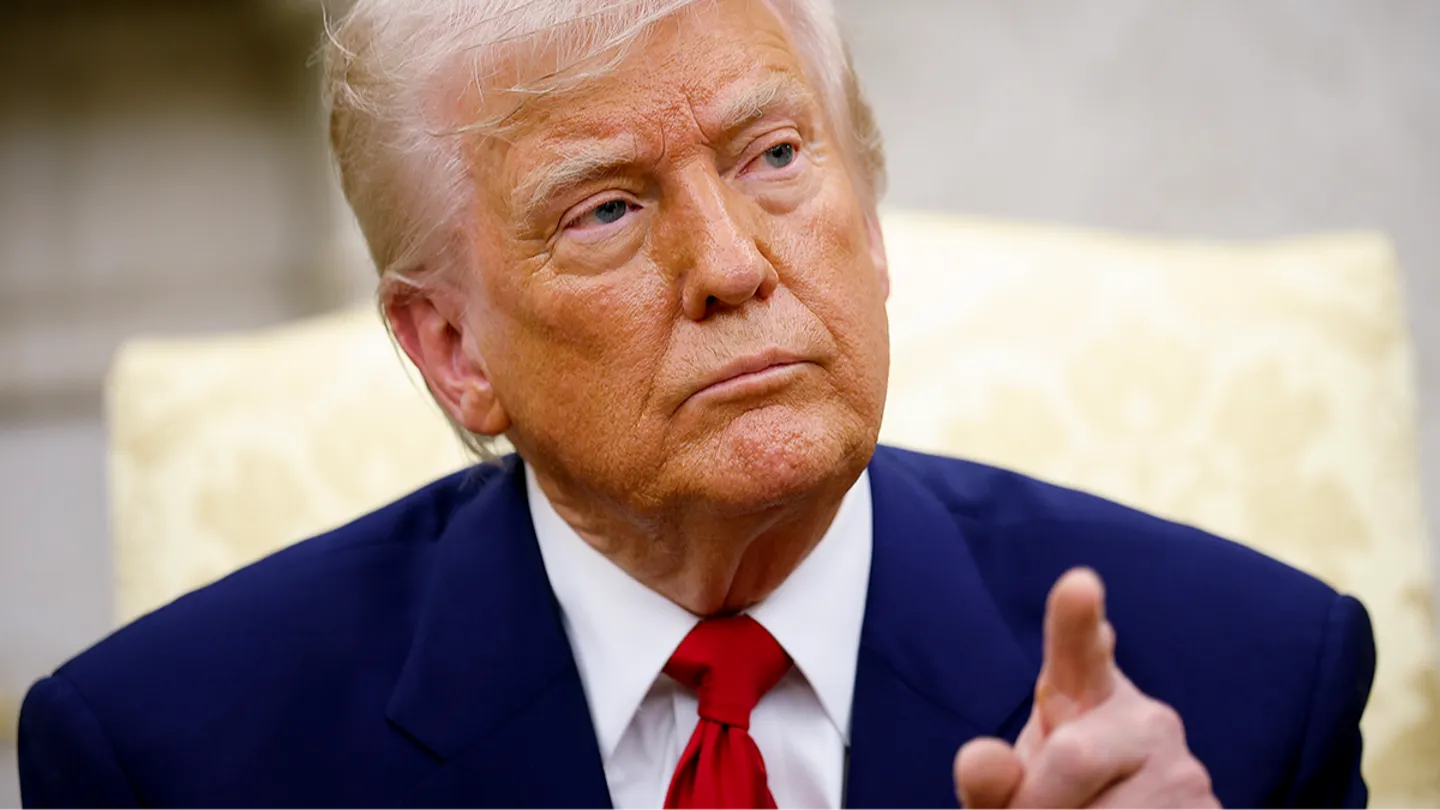People losing it after realizing Trump has put tariffs on Antarctic islands where there are no humans and only penguins
The former president recently unveiled numerous levies on nearly all nations worldwide, with only Mexico and Canada avoiding these fresh charges because they're already locked in separate trade disputes with the United States. Trump supposedly aims to "Make America Wealthy Again" through these new taxes, but American citizens will feel financial pressure from this change along with international populations.

Yet humans aren't the only targets as Trump appears determined to become history's first commander-in-chief taxing wildlife.
The extensive catalog of regions facing Trump's new taxes includes the Heard Island and McDonald Islands, an Antarctic territory belonging to Australia. The Trump team is implementing 10% tariffs on what experts describe as "one of Earth's most isolated locations" that maintains zero imports, exports, or human residents. The only inhabitants of these desolate Antarctic landmasses are seals and penguins.
This decision has confused many observers who question why Trump would bother taxing the Heard and McDonald Islands which, combined, barely exceed Philadelphia's size, according to Business Insider reports. Many have discussed and mocked this unusual administrative action.
Social media users quickly responded with humor. One person quipped: "Those penguins have exploited America long enough. Their oppressive rule has ended."

Drawing from JD Vance's February remarks to President Zelenskyy during his problematic White House visit, another Reddit user commented: "Did the penguins express gratitude even once?"
A third humorously noted: "Now Trump will antagonize penguins against America? Nobody wants penguin enemies. Remember what happened with Wallace and Gromit."
Another jested: "Why limit ourselves to tariffs? I suggest war against the penguins."
Impersonating the president's speech pattern, someone wrote: "Look, I love penguins. Everybody loves penguins. They're wearing little tuxedos - very classy, very sharp. But here's the thing - they're not paying their fair share. Nobody talks about it! They're down there in Antarctica, sliding around, eating all the fish - our fish, by the way - and what are they giving back? Nothing. Not even a handshake! So I said, maybe it's time we put a tariff on penguins."



